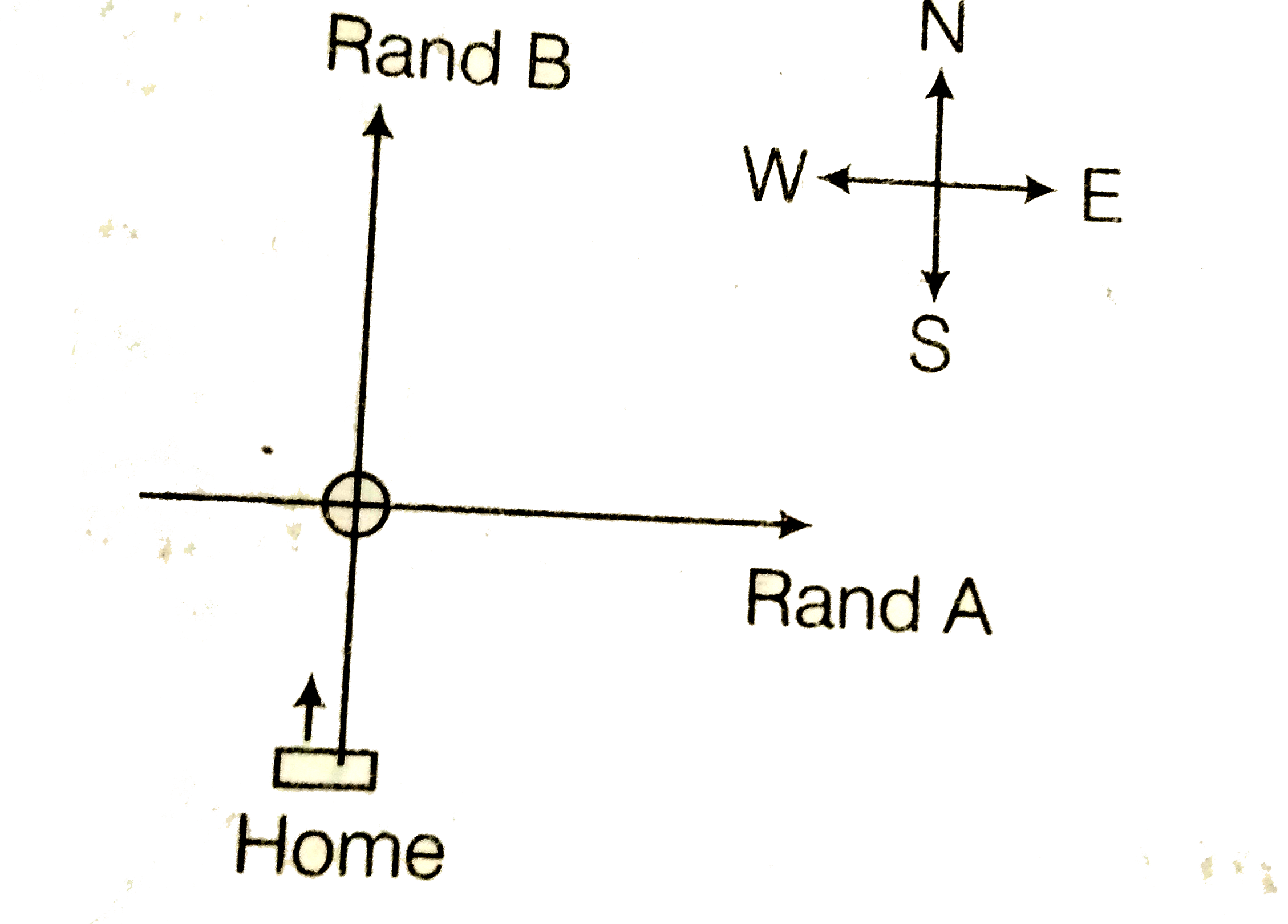f(x)=cosx and H(x)={min{f(t),0≤t<x}0≤x≤π2π2−xπ2<x≤3 thenSolution in Punjabi
H(x) is continuous and derivable in [0, 3]
H(x) is continuous but not derivable at x=π2
H(x) is neither continuous nor derivable at x=π2
maximum value of H(x) in [0, 3] is 1
The correct Answer is:A, D
Step by step video & image solution for f(x) = cos x and H(x) = {{:(min{f(t), 0 le t lt x},0 le x le (pi)/(2)) ,( (pi)/(2)-x,(pi)/(2) lt x le 3):} then by Maths experts to help you in doubts & scoring excellent marks in Class 12 exams.
Updated on:21/07/2023Topper's Solved these Questions
- CONTINUITY AND DIFFERENTIABILITYBOOK - ARIHANT MATHSCHAPTER - CONTINUITY AND DIFFERENTIABILITYEXERCISE - Exercise (Statement I And Ii Type Questions)
11 Videos
- CONTINUITY AND DIFFERENTIABILITYBOOK - ARIHANT MATHSCHAPTER - CONTINUITY AND DIFFERENTIABILITYEXERCISE - EXERCISE 4
3 Videos
- CONTINUITY AND DIFFERENTIABILITYBOOK - ARIHANT MATHSCHAPTER - CONTINUITY AND DIFFERENTIABILITYEXERCISE - Exercise (Single Option Correct Type Questions)
50 Videos
- COMPLEX NUMBERSBOOK - ARIHANT MATHSCHAPTER - COMPLEX NUMBERSEXERCISE - Complex Number Exercise 8
3 Videos
- COORDINATE SYSTEM AND COORDINATES BOOK - ARIHANT MATHSCHAPTER - COORDINATE SYSTEM AND COORDINATES EXERCISE - Exercise (Questions Asked In Previous 13 Years Exam)
7 Videos
Similar Questions
Statement I f(x)=sinx+[x] is discontinuous at x = 0.
Statement II If g(x) is continuous and f(x) is discontinuous, then g(x) + f(x) will necessarily be discontinuous at x = a.
View SolutionA man leaves his home early in the morning to have a walk. He arrives at a junction of roads A and B as shown in figure. He takes the following steps in later journies :

(i) 1 km in North direction.
(ii) Changes direction and moves in North-East direction for 2√2 km.
(iii) Changes direction and moves Southwards for distance of 2 km.
(iv) Finally he changes the direction and moves in South-East direction to reach road A again.
Now if roads A and B are taken as X-axis and y-axis ,then visible point representing the graph of y=f(x)
Then the value of x at which function f(x) is discontinous
View SolutionIf f(x)={sinπx2,x<1[x],x≥1, where [x] denotes the greatest integer function, then
View SolutionFind the modules of 2+3ι
View SolutionIf a vertex of a triangle is (1, 1) and the mid-points of two side through this vertex are (-1, 2) and (3, 2), then centroid of the triangle is
View SolutionIf f(x)=⎧⎪ ⎪ ⎪ ⎪ ⎪⎨⎪ ⎪ ⎪ ⎪ ⎪⎩−x−π2 , x≤−π2−cosx , −π2<x≤0,thenx−1, 0<x≤1lnx, x>1
View Solutionयदि f(x)={(−x−π2,,x≤−π2),(−cosx,,−π2<x≤0,),(x−1,0<x≤1) तब-
View SolutionLet f(x)=⎧⎪ ⎪ ⎪⎨⎪ ⎪ ⎪⎩−2sinxfor−π≤x≤−π2asinx+bfor−π2<x<π2cosxforπ2≤x≤π. If f is continuous on [−π,π), then find the values of a and b.
View Solution(f(x)=cosxandH1(x)=min{f(t),0≤t<x},),(0≤x≤π2=π2−x,π2<x≤π),(f(x)=cosxandH2(x)=max{f(t),o≤t≤x},),(0≤x≤π2=π2−x,π2<x≤π),(g(x)=sinxandH3(x)=min{g(t),0≤t≤x},),(0≤x≤π2=π2−x,π2≤x≤π),(g(x)=sinxandH4(x)=max{g(t),0≤t≤x},),(0≤x≤π2=π2−x,π2<x≤π)
Which of the following is true for H2(x)?
View Solution(f(x)=cosxandH1(x)=min{f(t),0≤t<x},),(0≤x≤π2=π2−x,π2<x≤π),(f(x)=cosxandH2(x)=max{f(t),o≤t≤x},),(0≤x≤π2=π2−x,π2<x≤π),(g(x)=sinxandH3(x)=min{g(t),0≤t≤x},),(0≤x≤π2=π2−x,π2≤x≤π),(g(x)=sinxandH4(x)=max{g(t),0≤t≤x},),(0≤x≤π2=π2−x,π2<x≤π)
Which of the following is true for H3(x)?
View Solution(f(x)=cosxandH1(x)=min{f(t),0≤t<x},),(0≤x≤π2=π2−x,π2<x≤π),(f(x)=cosxandH2(x)=max{f(t),o≤t≤x},),(0≤x≤π2=π2−x,π2<x≤π),(g(x)=sinxandH3(x)=min{g(t),0≤t≤x},),(0≤x≤π2=π2−x,π2≤x≤π),(g(x)=sinxandH4(x)=max{g(t),0≤t≤x},),(0≤x≤π2=π2−x,π2<x≤π)
Which of the following is true for H4(x)?
View SolutionLet f(x) = ⎧⎪⎨⎪⎩x3+x2−10x−1≤x<0sinx0≤x<x/21+cosxπ/2≤x≤π then f(x) has
View SolutionLet f(x)=⎧⎪ ⎪⎨⎪ ⎪⎩x3+x2−10x−1≤x<0cosx0≤x<π21+sinxπ2≤x≤x Then at x=π2, f(x) has:
View SolutionIf f(x) = {{:(-x - (pi)/(2),x le - (pi)/(2)),(-cos x,-(pi)/(2) lt x le 0),(x - 1,0 lt x le 1),(log x,x gt 1):} , Then
View Solutionएक फलन f को f(x)=⎡⎢ ⎢ ⎢ ⎢⎣1−∞<x<0के लिए1+sinx0≤x<π2के लिए2+(x−π2)2π2≤x<+∞के लिए⎤⎥ ⎥ ⎥ ⎥⎦ से परिभाषित करते है।
x=0 तथा x=π/2 पर अवकलनीयता की जाँच कीजिये।
View SolutionIf f(x)= {(-x-(pi)/(2)",",x le -(pi)/(2)),(-cos x,-(pi)/(2) lt x le 0),(x-1,0 lt x le 1),(ln x,x gt 1):} Then
View Solution
